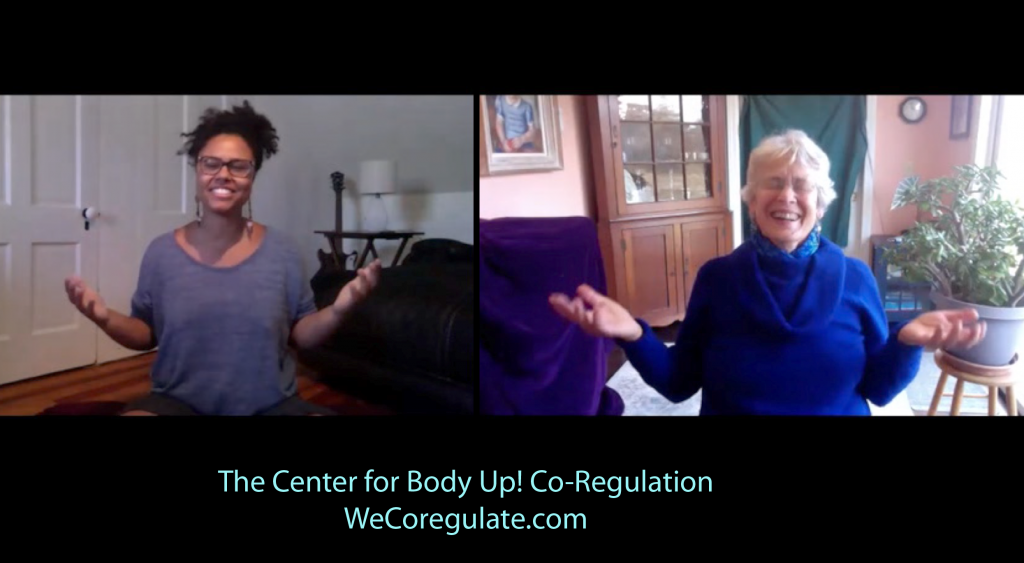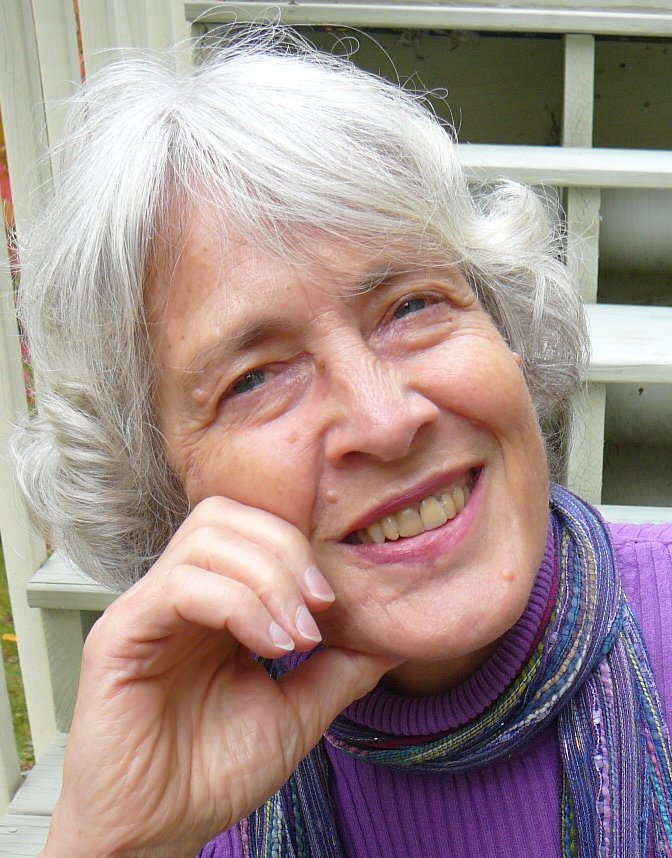Embodiment, Polyvagal Co-Regulation, and Psychedelics in Therapy
A morning workshop for practitioners

Get more embodied! Get more related!
Clear the dissociation of modern life.
Therapeutic relationships and medicine journeys are more fruitful when relationships that cultivate safety, embodiment, and co-regulation are present. While co-regulation is a profound human birthright, in many of us the necessary neurological pathways and habits for mutual regulation have gone missing.
In therapy and low-dose interactive medicine journeys, practitioners have the opportunity to support clients in rewiring their nervous systems for trust and healing. This kind of medicine journey is about clearing dissociation and cultivating whole-hearted relationships and connection. These skills benefit clients and practitioners, and the learning ripples outwards into all our relationships.
Practitioners are warmly invited to this morning workshop with master somatic psychotherapist Beth Dennison. She will cover the theory and practice of four key skills for embodied relating and co-regulation and her perspective on medicine work. This work integrates recent information from interpersonal neurobiology and PSIP (Somatic Psychedelic Psychotherapy) with established somatic practices including Somatic Experiencing, and Bodynamics.
Please attend live on Zoom with a full-size screen, no phones. These programs are not recorded.

Beth Dennison
MA in MFT, MEd, LMT, SEP
Beth brings 50 years of teaching, psychotherapy, bodywork and study of neuroscience, including Polyvagal theory, to designing learning experiences that rewire our brains for connection and co-regulation. She models the embodiment she teaches.
Her groundbreaking book on Body Up! Co-Regulation provides a much needed remedy to the disconnection and dysregulation that pervade modern culture. She developed Body Up! Co-Regulation to rewire our nervous systems for peer relationships. We need to trust peer relationships in order to cooperate better across differences, and to get off of the hierarchical ladder of oppression.